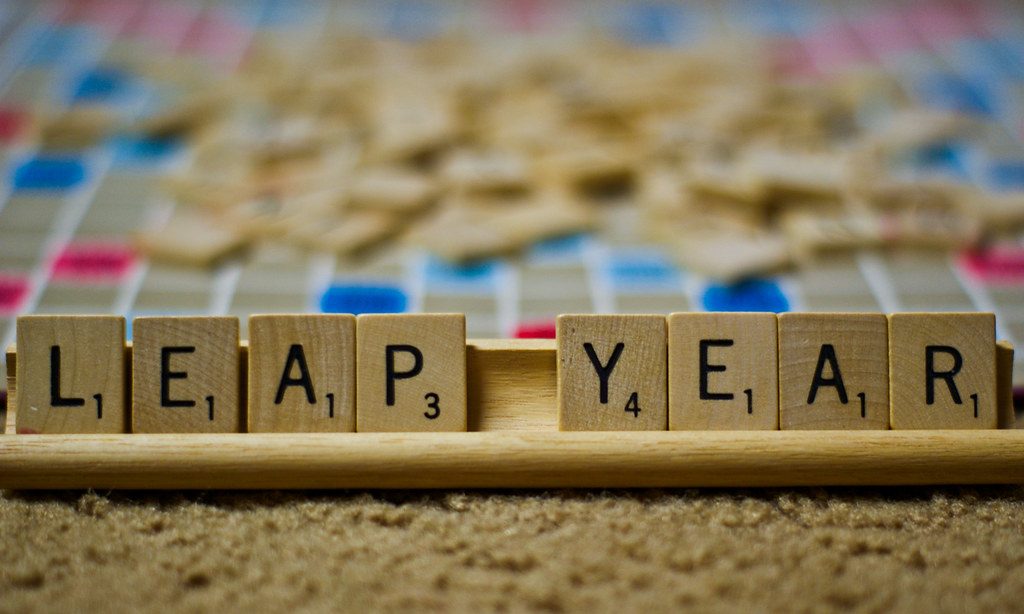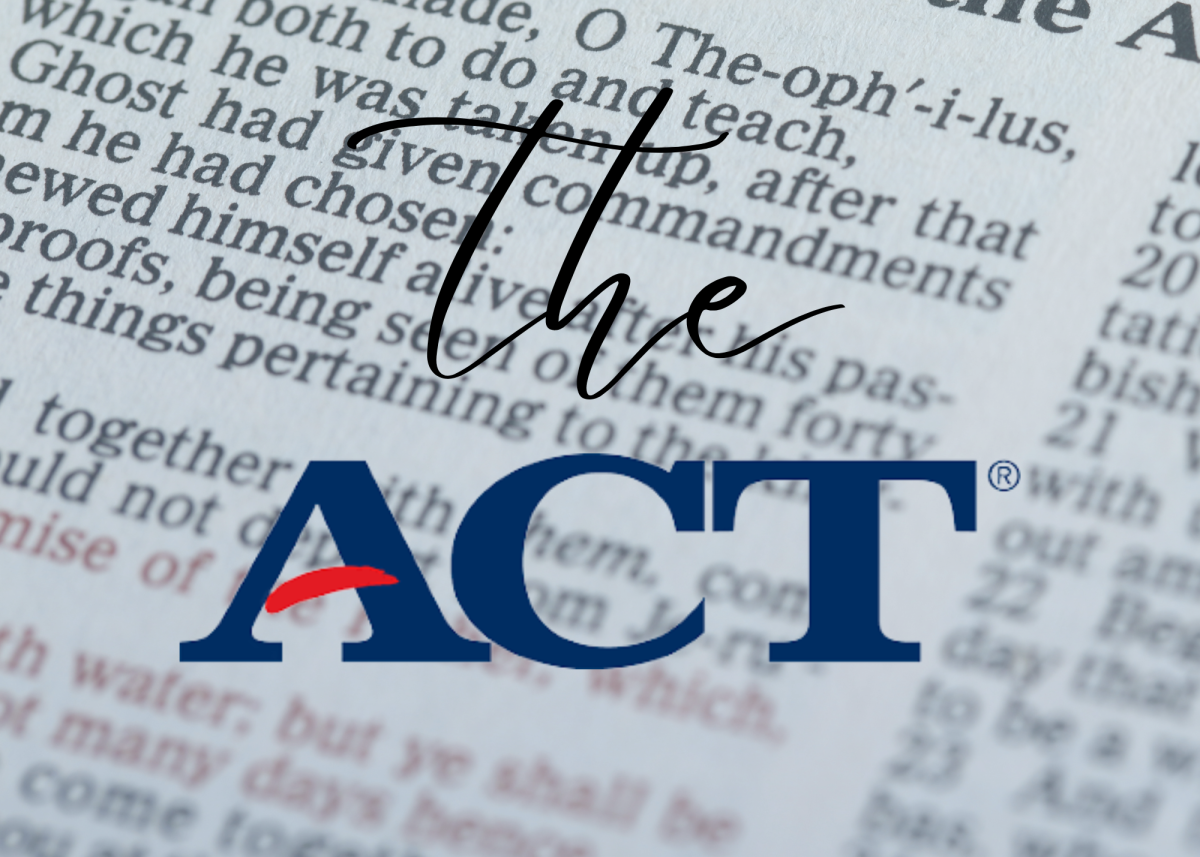Leap year is a peculiar occurrence. It adds Feb. 29 as an additional day in a typically 28-day month. It comes by almost every four years, but why is that?
There has been extensive science done to determine how long it takes to rotate around the Earth. Typically, there are 365 days in a year, but Earth’s rotation around the sun is 365 days and 6 hours or 365.25 days. That extra six hours causes the need for an extra day.
Nevertheless, scientists have their separate opinions on the Leap Day. Astrophysicist Neil deGrasse Tyson believes “the Leap Year is misnamed. We’re not leaping anywhere. The calendar is simply, and abruptly, catching up with Earth’s orbit.”
The Greco-Roman period had people making the first observations of the Earth’s rotation. Aristarchus of Samos was a Greek astronomer credited for coming up with the theory of Earth’s rotation.
Because they made the discovery, Greco-Roman people applied it to their calendar, the Julian Calendar, which was named after Julius Caesar. It was a 365-day solar calendar that added an extra day every four years. Originally, the Julian Calendar had 355 days due to some miscalculation, but it did end up changing.
However, the calendar used in the United States is different from the Julian Calendar. It is called the Gregorian Calendar which addresses some errors of the Julian Calendar. It recognizes that leap years aren’t about being every four years. Scientists learned that adding a leap year every four years would make the calendar 44 minutes longer and lead to a drift in seasons and the months they occur.
It’s quite odd, isn’t it?
To avoid the drift of seasons, scientists have come up with a new rule: If the year is divisible by 100, but it’s not divisible by 400, it will not be a leap year. The years 1700, 1800, and 1900 were not leap years, but 2000 was a leap year.
Who knew Leap Years were so complicated? Unfortunately, it is the best thing that works with the Earth’s rotation. Teacher Courtney Meadows says “One day would have to be. 6 hours longer, which can’t happen. There is no other way to keep up with the Earth.” There really isn’t a better system to follow.
However, the Leap Day on Feb. 29 also has some symbolic significance. Stemming from the Irish tradition, Leap Day is related to marriage and flipping gender roles. Instead of the tradition a man proposing to a woman, the woman could propose on Leap Day, and it would be deemed as “symbolic” due to the history behind it.
Though it only comes by every four years, plenty of people’s birthdays fall on this day. People born on Feb. 29 are called “Leaplings.” Yet, Leap Day isn’t considered a legal day, so Leaplings celebrate on Feb. 28 or March 1 during non-leap years. While Feb. 29 isn’t a legal day, it is, oddly enough, put on legal documentation. Additionally, anyone born on Feb. 29, 2000, is technically six years old this year. Make sure to wish your local Leapling a happy birthday. They only get it every four years.
It really is a strange day, but it is necessary to keep the Earth aligned with its rotation. It’s just a single day added to the calendar, but it holds so much impact over the science of the Earth.















